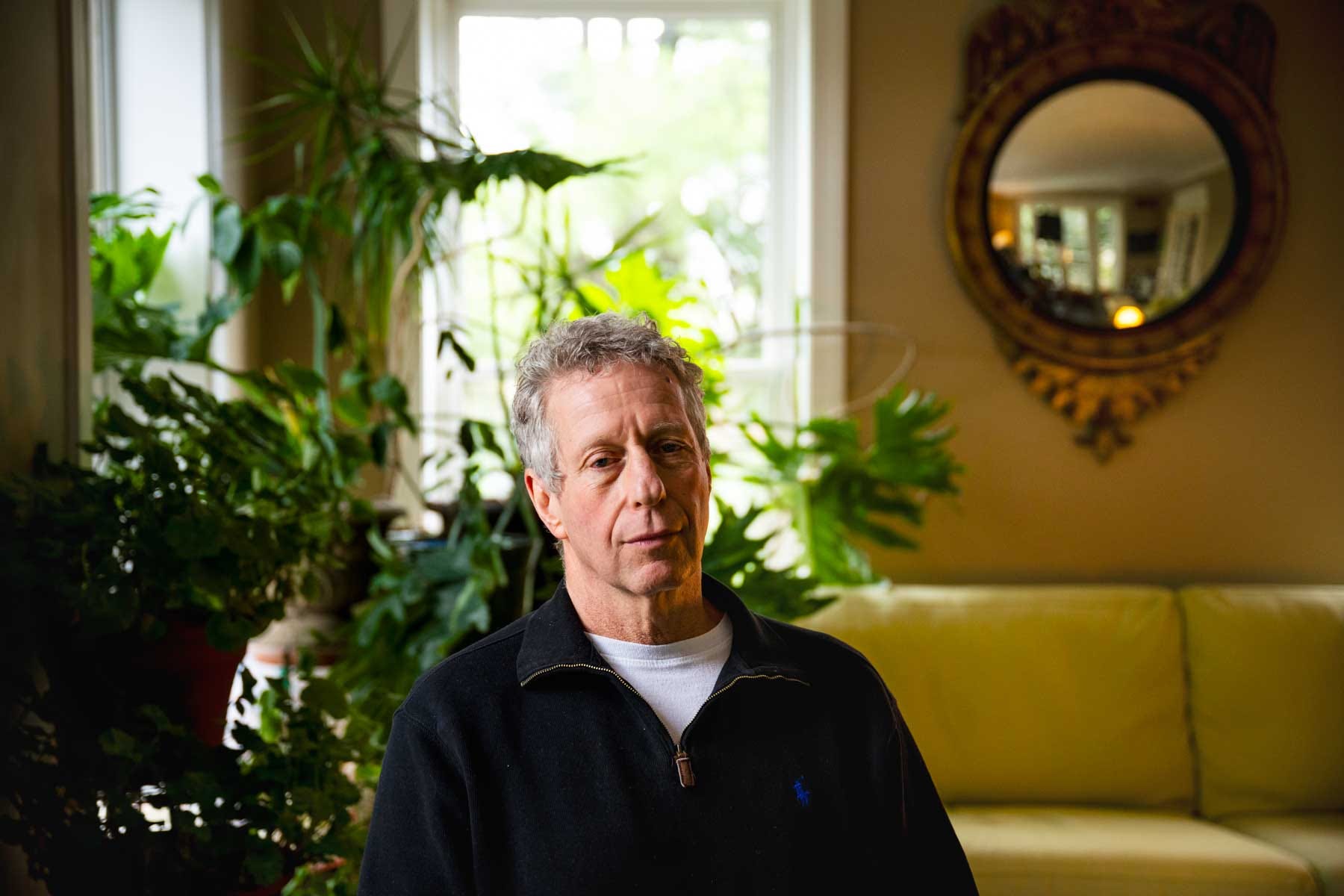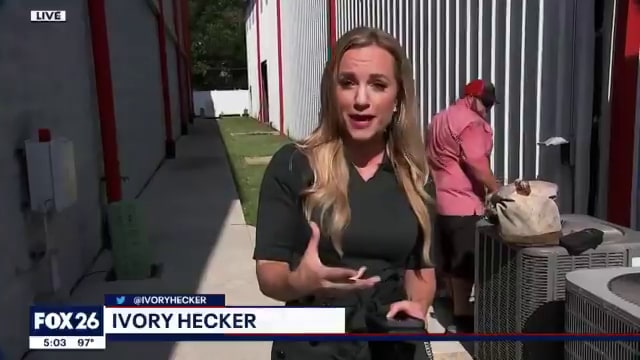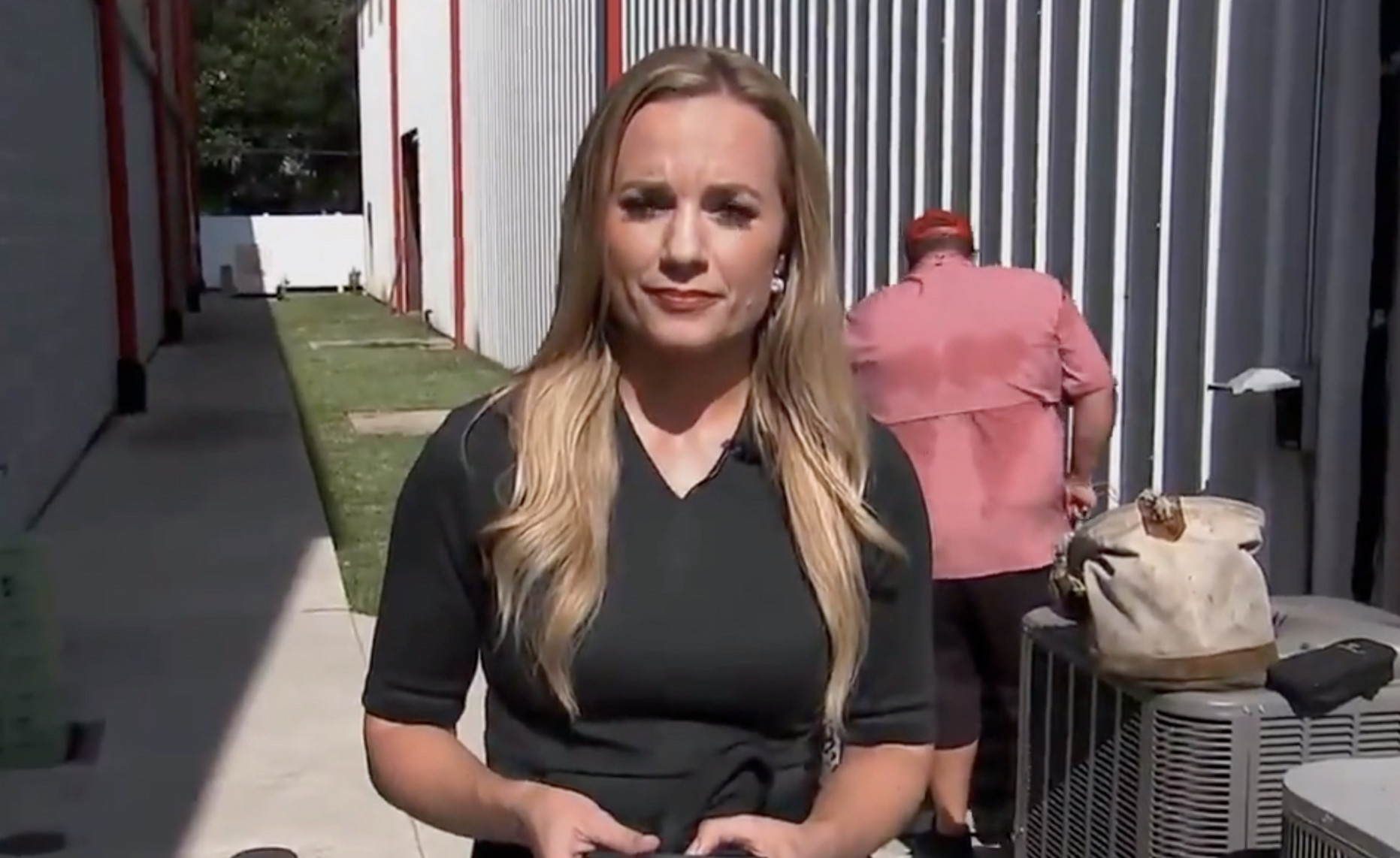NPR "has lost America's trust." Uri Berliner published this on Bari Weiss' newsletter "Free Press."
This interested me, because I think it relates to radio network broadcasting and the affiliate stations across the country that broadcast this news. For example, I listen to KQED in San Francisco, which broadcasts the news stories.
If this isn't posted in the right forum for this board, then I trust the moderators will move it.
Uri Berliner ( who broadcasts national commentary/ news on NPR) says that the demographic of listeners changed in the past 10 years. It used to be that about 37% of listeners described themselves as liberals, but now 67% of listeners describe themselves as liberals. He is also concerned that the company has splintered off into identity groups, where employees of different races or nationalities each have their own special group or club; and that many stories are about white racism, or transphobia, or describing the Hispanic community as "Latinx", etc., or pro-Palestinian and anti-Israel. In short, he is disgruntled, because the programming has become "too woke" ( for lack of a better term).
This is a long commentary, but it is very well written.

 www.thefp.com
www.thefp.com
This interested me, because I think it relates to radio network broadcasting and the affiliate stations across the country that broadcast this news. For example, I listen to KQED in San Francisco, which broadcasts the news stories.
If this isn't posted in the right forum for this board, then I trust the moderators will move it.
Uri Berliner ( who broadcasts national commentary/ news on NPR) says that the demographic of listeners changed in the past 10 years. It used to be that about 37% of listeners described themselves as liberals, but now 67% of listeners describe themselves as liberals. He is also concerned that the company has splintered off into identity groups, where employees of different races or nationalities each have their own special group or club; and that many stories are about white racism, or transphobia, or describing the Hispanic community as "Latinx", etc., or pro-Palestinian and anti-Israel. In short, he is disgruntled, because the programming has become "too woke" ( for lack of a better term).
This is a long commentary, but it is very well written.

I’ve Been at NPR for 25 Years. Here’s How We Lost America’s Trust.
Uri Berliner, a veteran at the public radio institution, says the network lost its way when it started telling listeners how to think.
Last edited:





